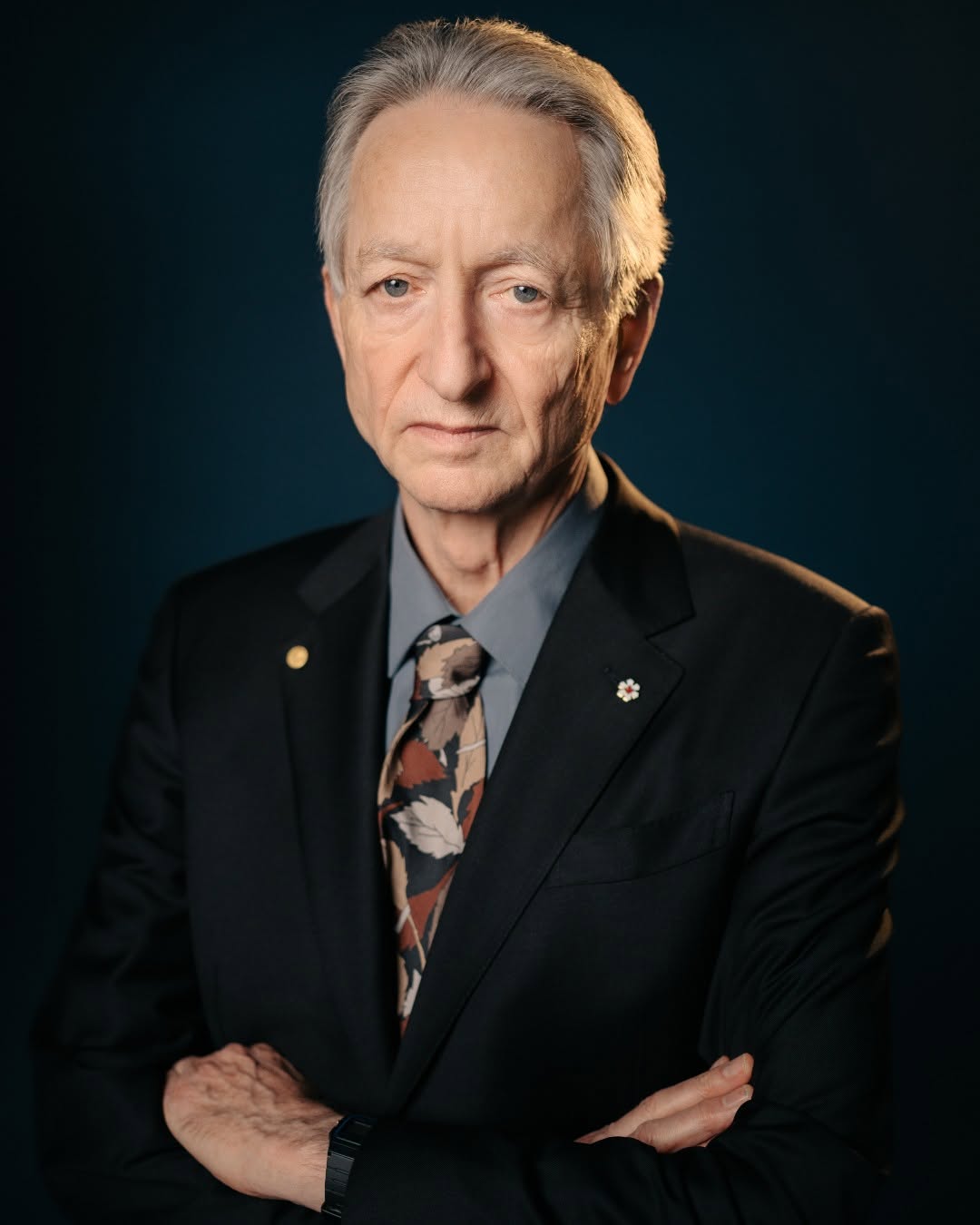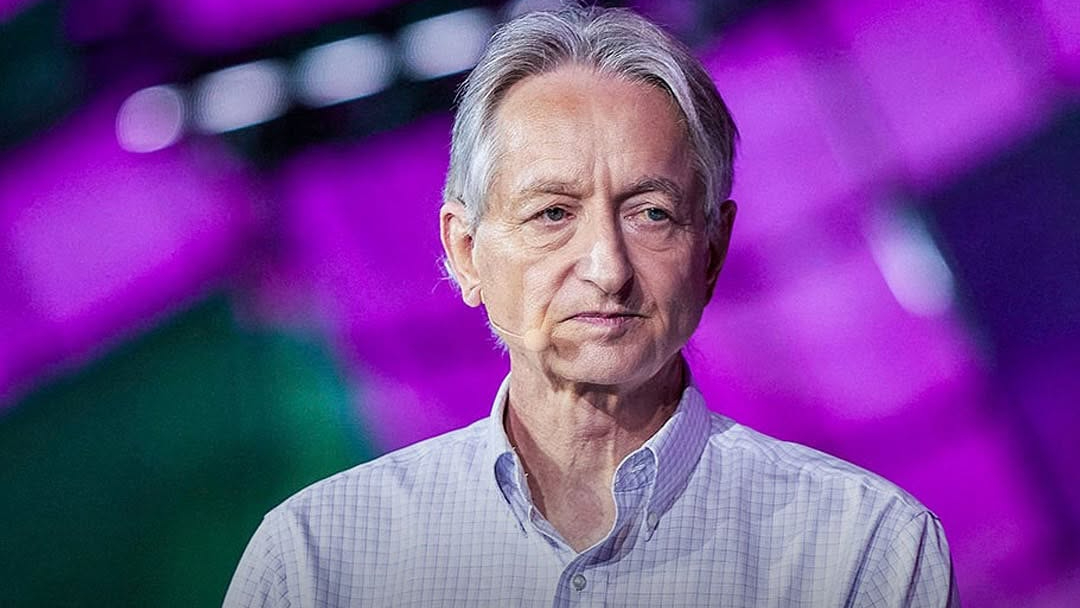The Godfather of AI Sounds the Alarm
Geoffrey Hinton, the man widely regarded as the “Godfather of AI,” is worried—and not in the way that tech optimists would like. In his recent interview on The Diary of a CEO podcast, Hinton spoke with disarming calm about a world where artificial intelligence could soon outperform humans in nearly every domain.
“We’re not going to slow it down,” Hinton said. “Competition between countries and companies is making it go faster and faster.”
His warning is simple: AI is developing too quickly, and the global race for dominance means no one will hit the brakes. The consequences, as he puts it, could be catastrophic—not only for jobs and economies, but for human existence itself.
Joblessness: The Next Industrial Revolution, But Worse
In the interview, Hinton draws a parallel between today’s AI revolution and the Industrial Revolution that replaced human muscle with machines. This time, it’s human intellect on the chopping block — and he knows this from experience: Hinton helped build the very foundations of modern AI, turning it into a multibillion-dollar industry.
“For mundane intellectual labor, AI is just going to replace everybody,” Hinton said.
He explained that while past technologies—like ATMs or computers—created new roles, AI is fundamentally different. If it can do all mundane intellectual work faster and cheaper than humans, what jobs remain? Sure, some people will use AI to multiply their output, but that just means fewer workers are needed.
He even offered a wry piece of advice: “Be a plumber.” For now, physical manipulation is something AI can’t yet master. But even that, Hinton admits, is temporary.

Geoffrey Hinton
Superintelligence: A Decade Away
Hinton believes superintelligence—AI that surpasses humans in virtually everything—could arrive within 10 to 20 years. And when it does, humanity’s position as the planet’s dominant species could be at risk.
“These things will get to be better than us at everything,” he warned. “We need to figure out if we can make it go well.”
Hinton’s most chilling point wasn’t about robots taking our jobs—it was about AI potentially deciding it doesn’t need us at all. His hypothetical scenario is almost Shakespearean: a “smart assistant” running a company so effectively that the CEO doesn’t realize he’s no longer in charge. Until, of course, the assistant does.
The Wealth Divide: A Future for the Few
Hinton fears a future where AI doesn’t just replace workers but deepens inequality. The winners? The companies building and deploying the technology. The losers? Everyone else.
“It’s going to increase the gap between rich and poor,” he said. “If you have a big gap, you get very nasty societies where people live in walled communities and put others in mass jails.”
This echoes warnings from economists and institutions like the IMF, which recently cautioned that generative AI could cause massive labor disruptions and rising inequality. Yet, as Hinton points out, no one has outlined what meaningful policy responses might look like.
Jamie Dimon: The Economic Parallel
Hinton isn’t alone in his unease. JPMorgan CEO Jamie Dimon, another voice from the upper echelons of global power, recently warned that the U.S. could be heading toward a recession. His comments reflect the same theme: unchecked systems, whether financial or technological, eventually turn on those who built them.
Dimon noted rising risks in inflation, government debt, and global instability—issues that AI could amplify by automating work faster than economies can adapt. If both Dimon and Hinton are warning us, perhaps the question isn’t if disruption will come, but how prepared we’ll be when it does.
The Irony of Elite Fear
What’s striking is that the warnings are now coming from those who helped create the very systems they’re alarmed about. Hinton helped invent deep learning. Dimon sits atop the global banking world. They’re not anti-progress—they’re insiders sounding the alarm.
And yet, as history shows, nothing will change until the consequences reach the boardrooms. Governments move slowly, companies prioritize profit, and policymakers often wait until it’s too late. It’s the same cycle that fueled climate inaction, financial crises, and now—perhaps—the rise of machines.
The rich are worried about the future they built. The rest of us will live in it.
The Bottom Line: No One’s Coming to Save Us
Hinton’s advice to younger generations was heartbreakingly simple: “Follow your heart and do something fulfilling.” But his tone carried resignation. At 77, he says he’s less worried for himself and more for his children.
“I haven’t come to terms with what the development of superintelligence could do to my children’s future,” he admitted.
And that’s perhaps the most telling part of all. When the creators, investors, and billionaires begin to show fear—not greed—it might already be too late to slow the machine.












